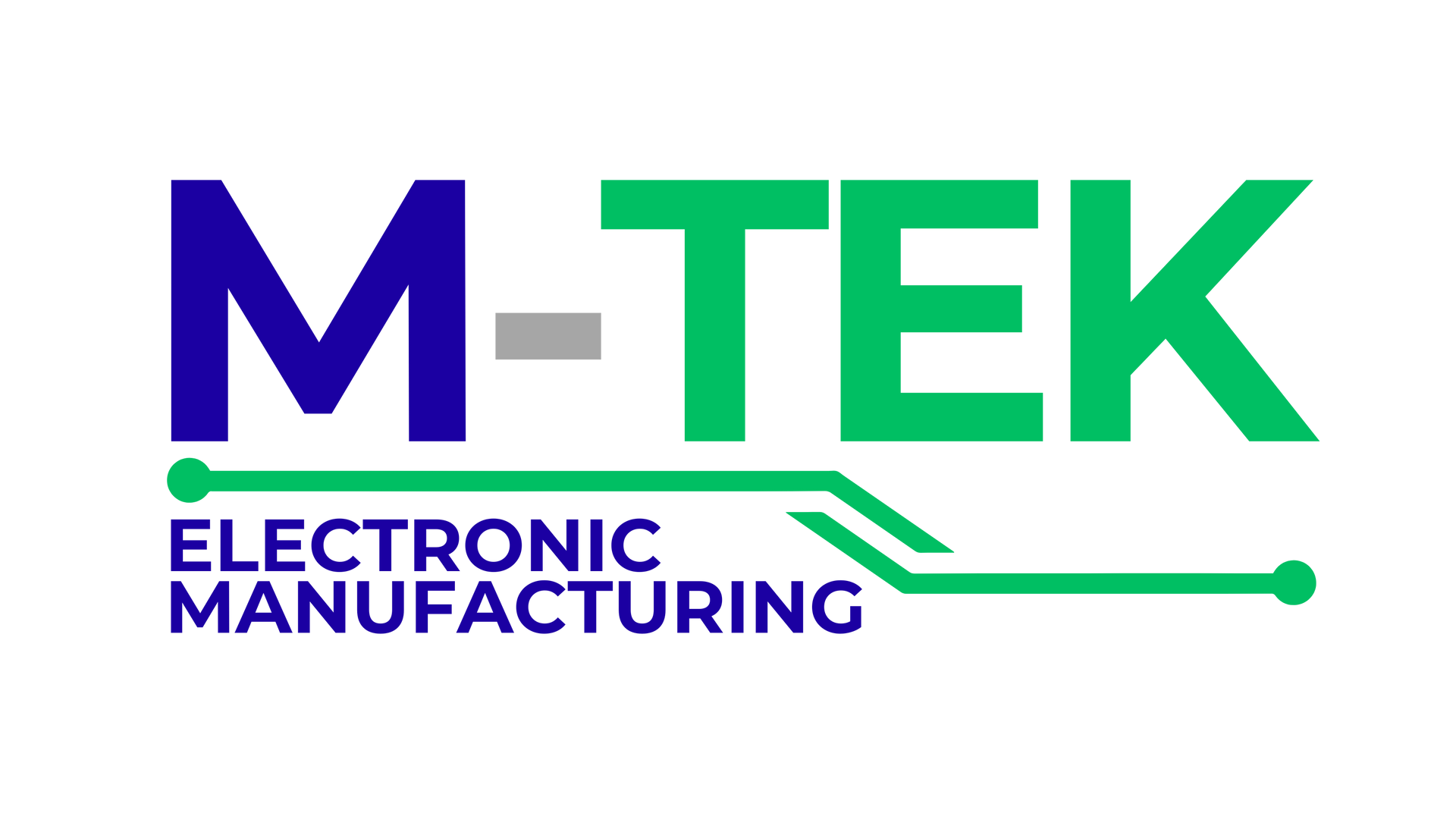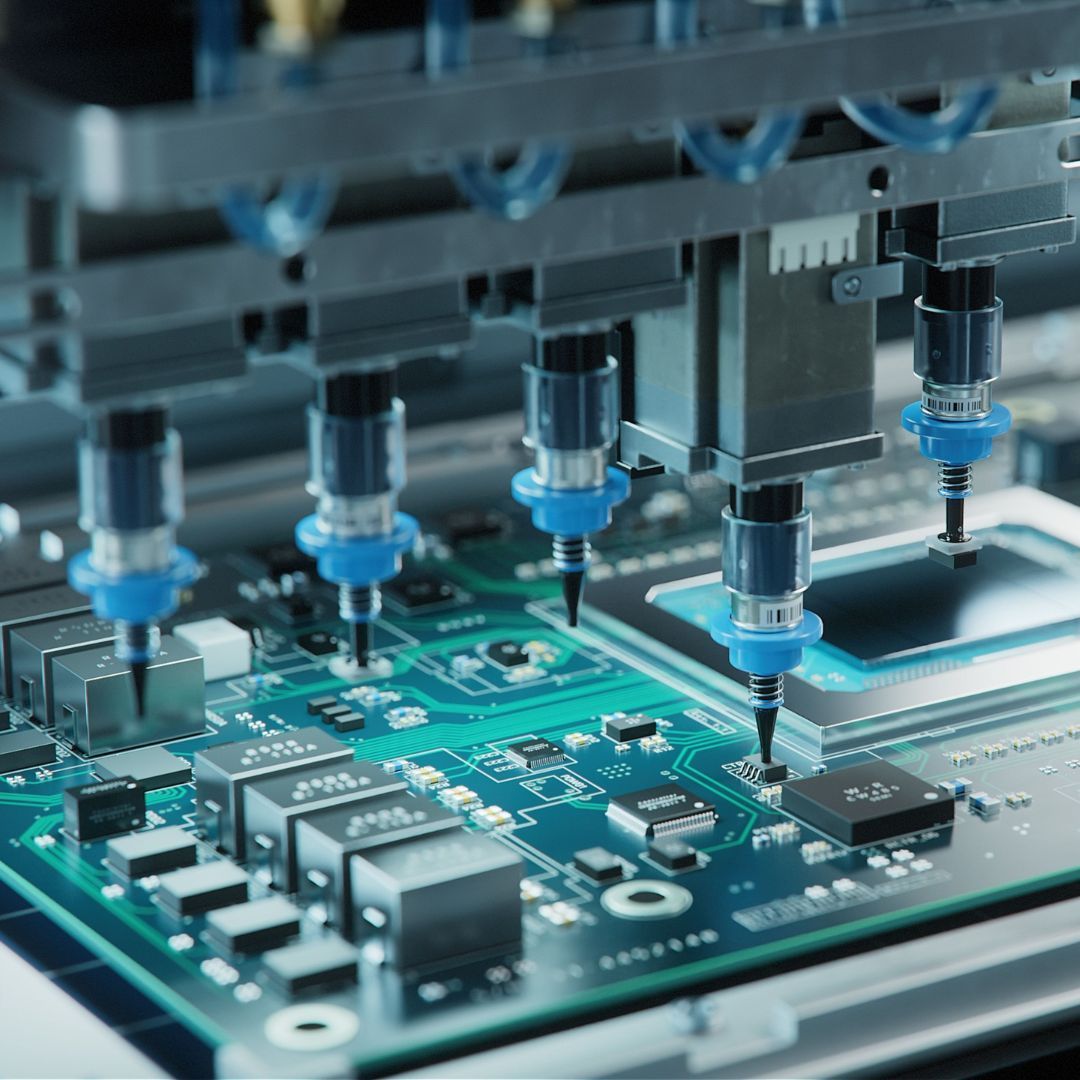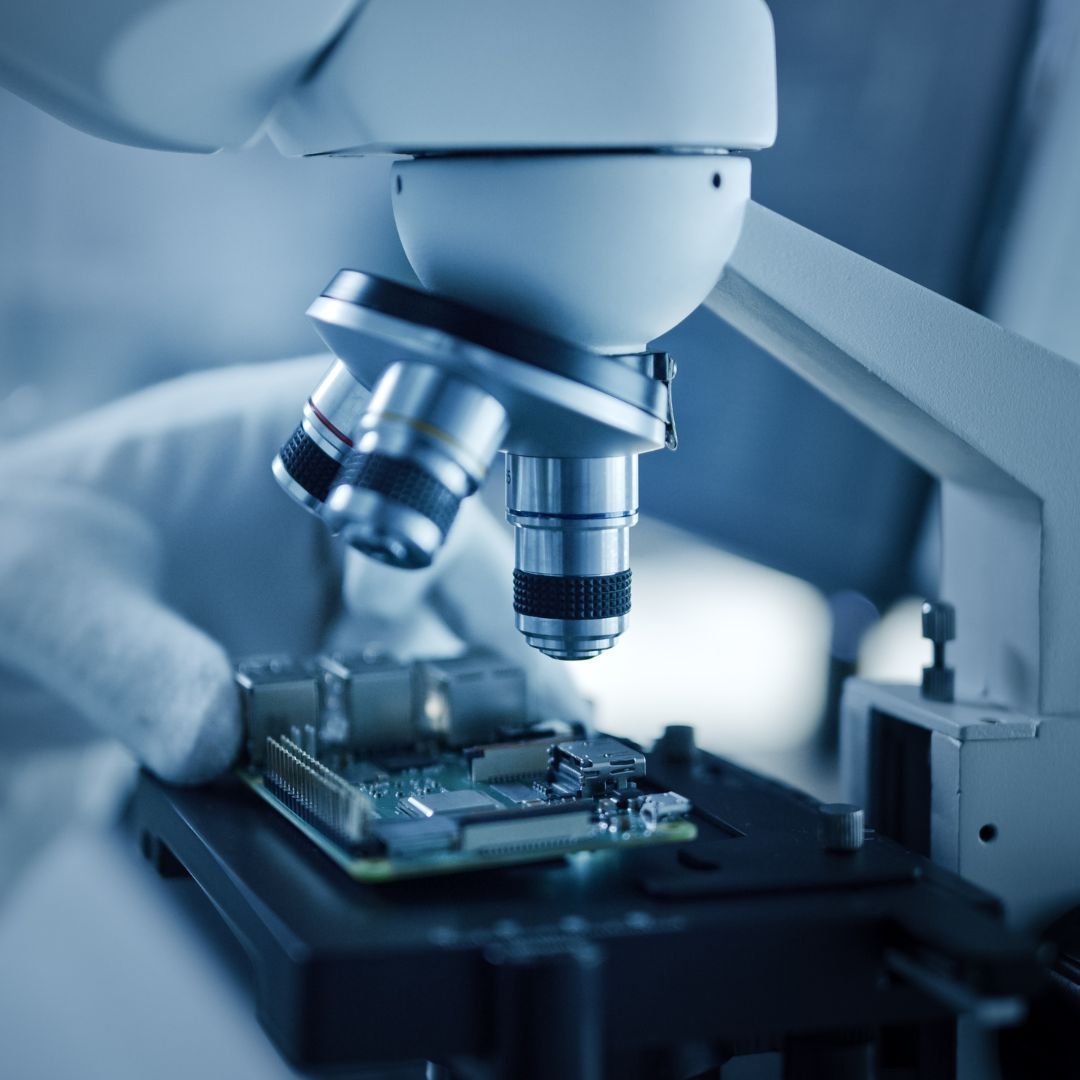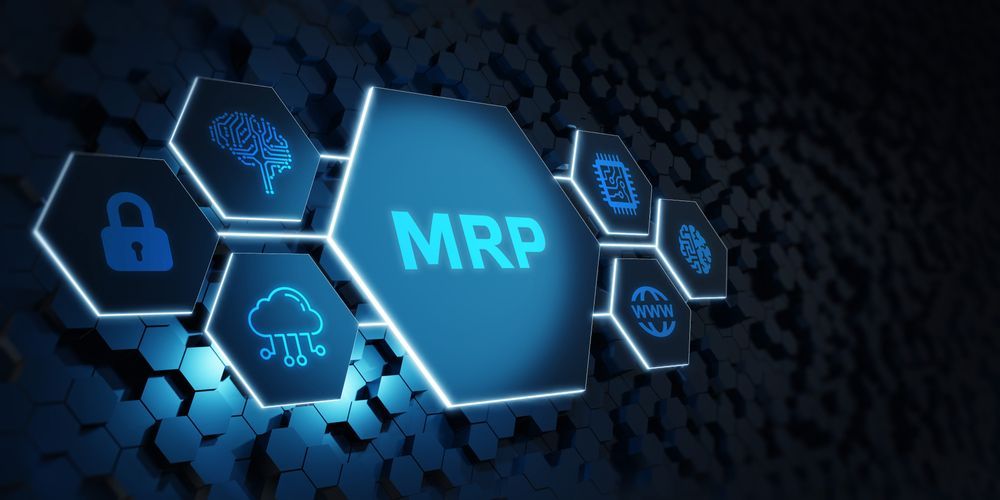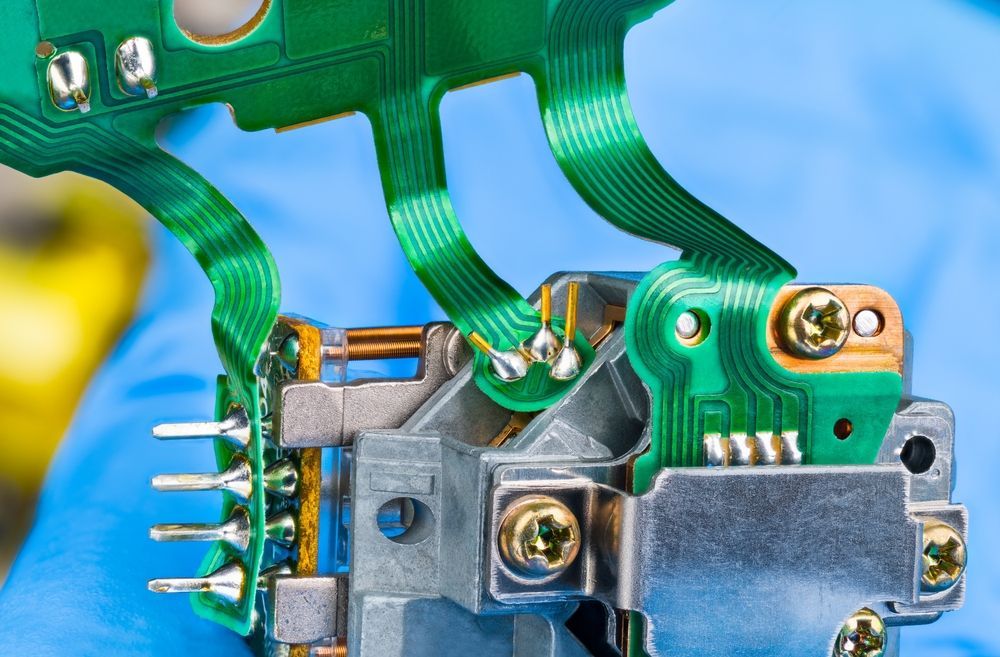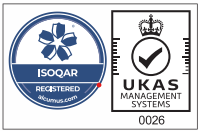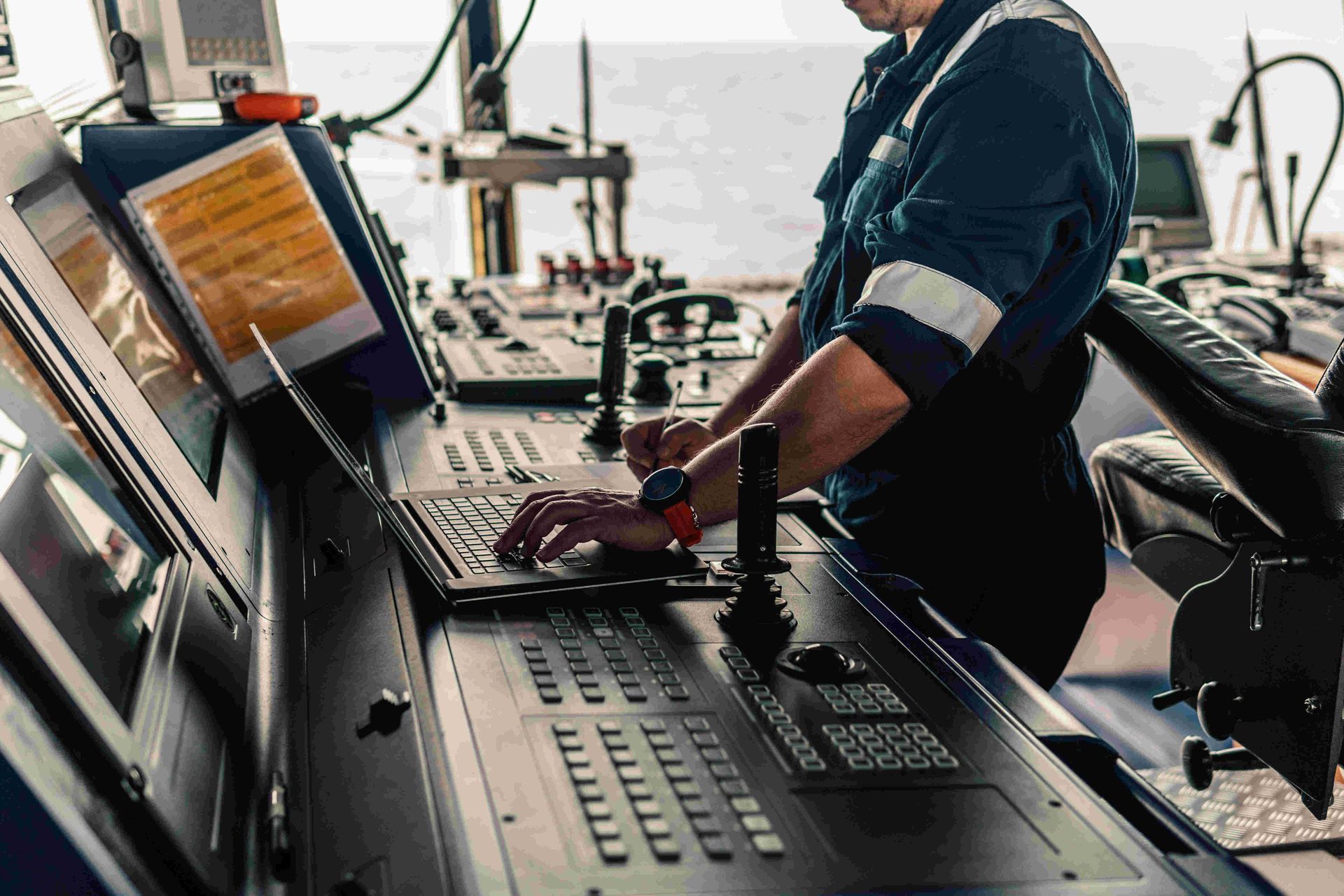
As a marine product developer, you want to ensure you're creating the most reliable and efficient products that enhance the overall marine experience. One way to achieve this is by incorporating printed circuit boards (PCBs) into your designs. PCBs are an essential component of modern marine technology, providing numerous benefits that make them a preferred choice for developers. In this article, we'll explore some of the benefits of PCBs in marine technology and how they can improve the performance of your products.
PCBs Improve Reliability and Durability
Maritime settings are severe and brutal, and marine technology must be capable of withstanding these circumstances. PCBs are built to be long-lasting and dependable, making them an excellent choice for marine product creators. PCBs have the ability to withstand extreme temperatures, dampness, and vibration, ensuring that your maritime products perform efficiently and reliably even in the harshest environments.
Moreover, PCBs are resistant to corrosion, which is a major issue in marine situations. Corrosion can cause electrical components to malfunction or fail. PCBs are corrosion-resistant materials, ensuring that your maritime goods last longer and require less maintenance.
PCBs Enhance Performance
Performance is critical in marine technology. PCBs can improve the performance of marine products in a variety of ways. For starters, PCBs are a small and efficient way to connect electrical components, minimising the amount of space required for wiring and enabling more sophisticated designs. This means that marine items can be smaller, lighter, and more efficient while yet providing the same level of performance. PCBs can also be built to provide certain electrical properties such as impedance control or signal integrity. This enables more exact control over the performance of marine items, assuring maximal efficiency.
PCBs Simplify Manufacturing
Developers of marine products are constantly seeking ways to streamline their manufacturing processes and cut expenses. PCBs can assist in achieving these objectives by streamlining the manufacturing process. PCBs are designed to be easily mass-produced, hence lowering the time and cost associated with the production of electrical components. Furthermore, PCBs can be customised to meet specific marine items, eliminating the need for specialised wiring and assembly.
Additionally, PCBs can be tested before being installed in marine devices, ensuring proper operation and lowering the chance of malfunctions or failures in the field. This can save time and money by recognising and repairing problems before they become serious concerns.
PCBs Improve Safety
Marine product developers place a high value on safety. In numerous ways, PCBs can increase the safety of marine products. Secondly, by providing insulation between electrical components, PCBs can be constructed to limit the risk of electrical shorts or fires. Furthermore, PCBs can be built to provide redundancy, ensuring that important systems continue to function even if a component fails.
PCBs can also be built to meet certain safety criteria, such as those established by the International Electrotechnical Commission (IEC). This ensures that your marine products fulfil the highest safety and reliability criteria.
PCBs Provide Flexibility
Flexibility is vital in marine product development since items must be created to suit specific needs while also adapting to changing situations. PCBs enable versatility by allowing for easy modification and customization of electrical components. This means that marine items can be easily changed to meet changing requirements or incorporate new technologies.
Moreover, PCBs can be built to be interoperable with a wide range of electrical components, providing for greater product design freedom. This means that maritime product developers can select the best components for their products without being constrained by compatibility difficulties.
PCBs Reduce Costs
Finally, PCBs can assist maritime product designers in cost reduction. PCBs are made to be easily mass-produced, which cuts down on the time and expense associated with making electrical components. Moreover, PCBs can be made so that fewer components are required for maritime items, which will lower costs even more. Additionally, PCBs' dependability and longevity might lower the cost of maintenance. PCB-based marine devices are less likely to need maintenance or repairs, which lowers the total cost of ownership.
Conclusion
PCBs are an important component of current maritime technology, offering various advantages that make them a popular choice among marine product manufacturers. PCBs increase dependability and longevity, improve performance, simplify manufacturing, increase safety, give flexibility, and save prices. By adding PCBs into your maritime products, you can ensure that they run efficiently and reliably, offering your clients a better marine experience.
Here at M-Tek Assembly, we have years of industry experience, and our team of skilled engineers will guide you through the entire process. You will also be helping to save the environment by using M-Tek for printed circuit board repairs. We have achieved a
net-zero carbon footprint by using electric vehicles, and for every circuit board we build, we plant a tree! Contact one of our SMT and PCB assembly experts today for assistance. Call
01189 455377 or follow us on
Twitter to learn more about our services.
